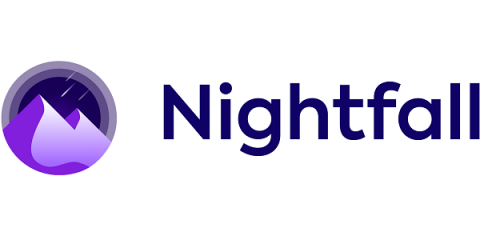What is the CCPA? Definition and Compliance Guidelines for 2021
The California Consumer Privacy Act of 2018 (CCPA) gives Californian consumers greater transparency into how their personal data is being handled. Under the CCPA, California residents have a right to: California's landmark move to greater privacy laws mirrors the consumer data protection posture outlined in the GDPR and Canada's propositions in Bill C-11. Guidance for complying with the CCPA is outlined through CCPA regulations.








